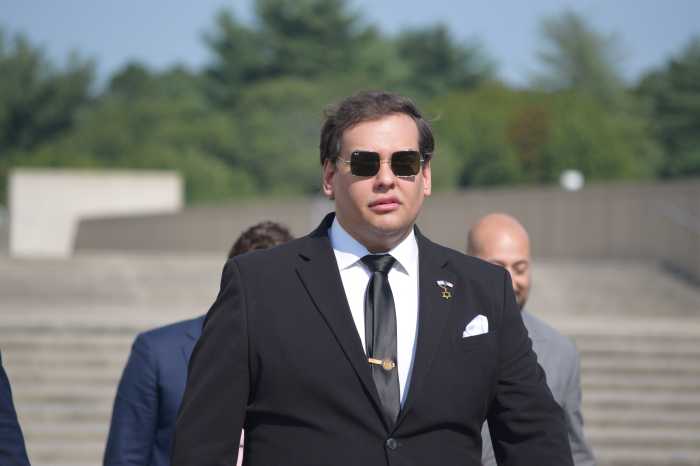
City Hall says a so-called "right to unplug" bill is disconnected from reality.
Mayor Bill de Blasio’s administration indicated at a City Council Committee on Consumer Affairs hearing Thursday that it opposed legislation that would make it illegal for an employer to penalize a worker for not communicating after-hours, unless arranged in advance.
Committee Chair Rafael Espinal Jr. said he introduced the bill after hearing a slew of stories from people who became burned out because they are pushed to work during their free time or are perpetually checking their devices for last second assignments.
"When we are accessible by phone and email 24 hours a day and seven days a week, there is no discretion as to when our work ends and when our leisure begins," Espinal said.
But administration officials and business leaders raised concerns about the Right to Disconnect bill, which would prohibit companies with more than 10 employees to punish workers who do not check their devices when off the job, unless doing so was part of a pre-established agreement. Violators could be slapped with $250 fines under the bill.
Casey Adams, the city Department of Consumer Affairs’ director of city legislative affairs, said the bill is too broad. He also said there has not been enough research on the local work environment to suss out any potential impacts a forced disconnect could have on the economy.
"We believe that both workers and employers stand to benefit from a dialogue about communication expectations," Adams said.
Kathryn Wylde, president of the Partnership for New York City business executives’ group, agreed and said many large companies and nonprofits already have agreements with their employees about out of office correspondence, which often include overtime pay or other compensation.
"Contrary to the presumption behind this bill, many employees do not wish to be disconnected from their work responsibilities," Wylde said.
Debbie Saslaw, a freelance producer, testified that she has had to put in hours of unplanned work without additional compensation at several companies.
"There’s never been a time that I’ve not been retaliated at for not answering an email," Saslaw said.
































